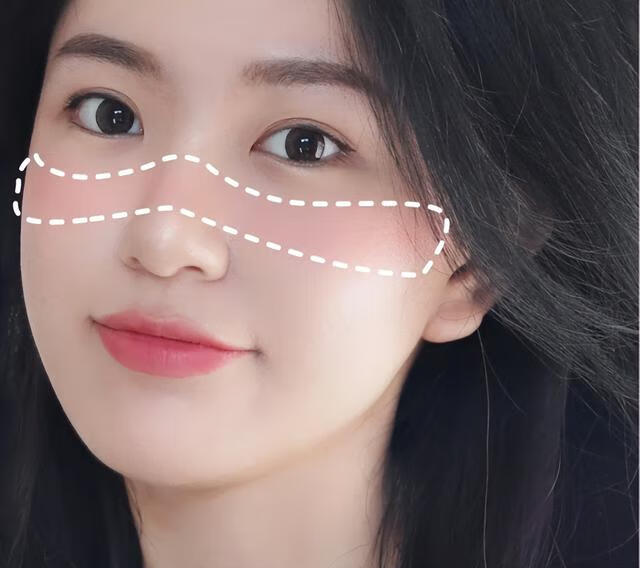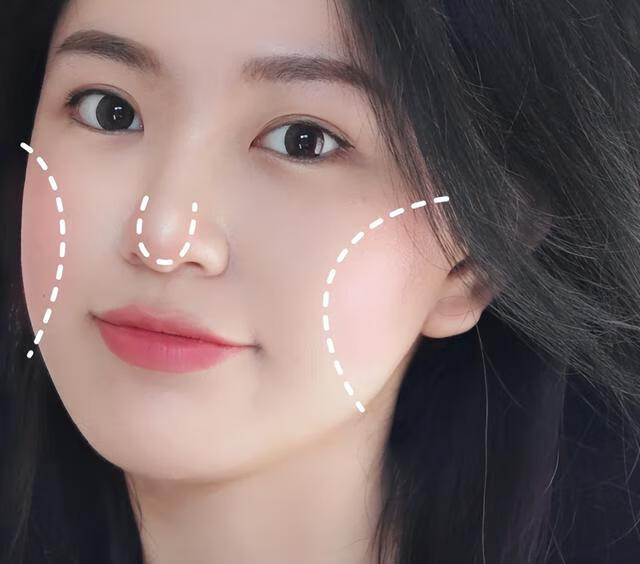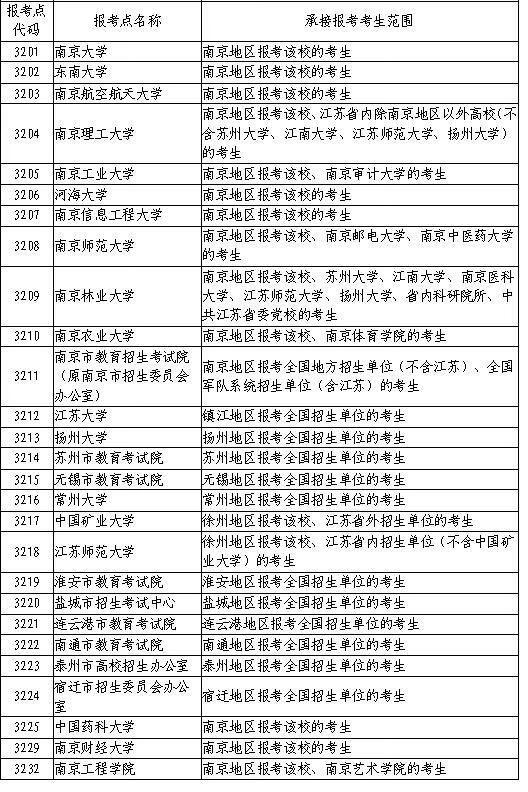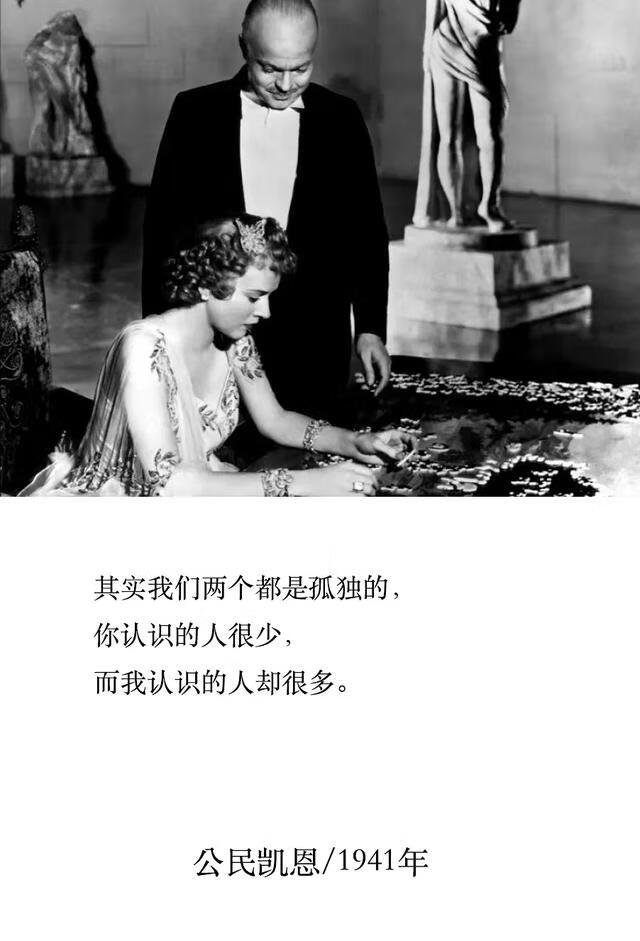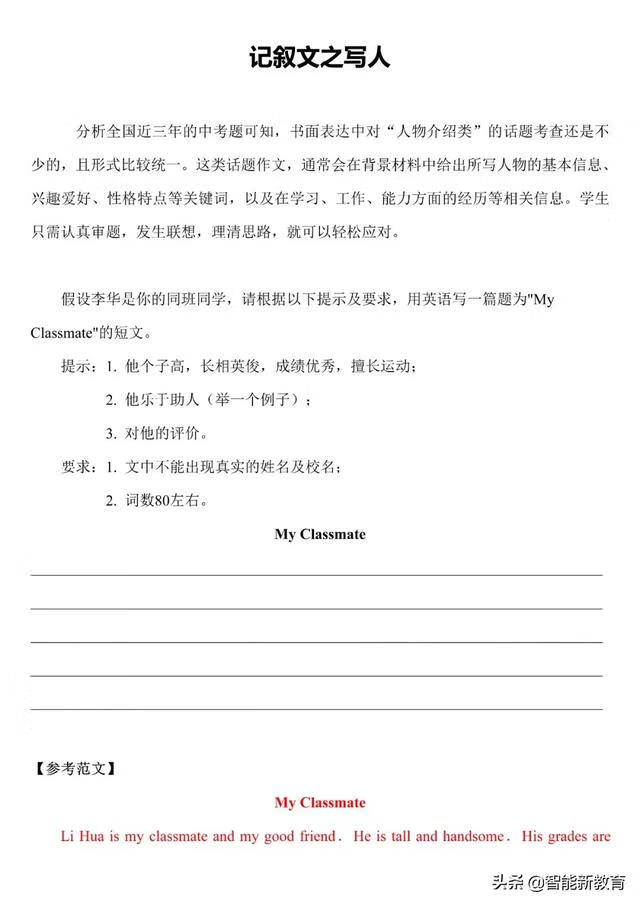.jpg)
学英语,真是件很不容易的事儿。
但和中文的“魔鬼级难度”比起来,英语已经非常温柔了……

在国外的网站上,你常常可以看到类似于“中国最搞笑的英文翻译”之类的文章。
戳进去就是一阵嘻嘻哈哈呵呵哒……



看着这些“f*ck vegetables” “roasted husband” “racist park”,主页君的内心十分平静……

这种让老外笑掉大牙的中式翻译,见多了还挺让人脸红的。不过话说回来……你以为这种囧雷囧雷的翻译只有中国才有吗?

如果去国外旅游,你可能就会发现,老外要强行尬翻起中文来,那杀伤力可大多了……

昨天,微博上就出现了莫斯科某公园的中文翻译:
@环球杂志:
【莫斯科新地标出现"神翻译" 中国游客宽容对待】扎里亚季耶公园是俄罗斯首都莫斯科市中心新建成的一座大型休闲公园。为了方便中国游客,公园里的标志牌上也印上了中文。但是这个翻译却……红场被写成了“红肠”、“教会会馆”被翻译成了“重男轻女的农庄”、自然保护中心则成为“受保护的大使馆”……

▲“重男轻女的农庄”

▲“受保护的大使馆”
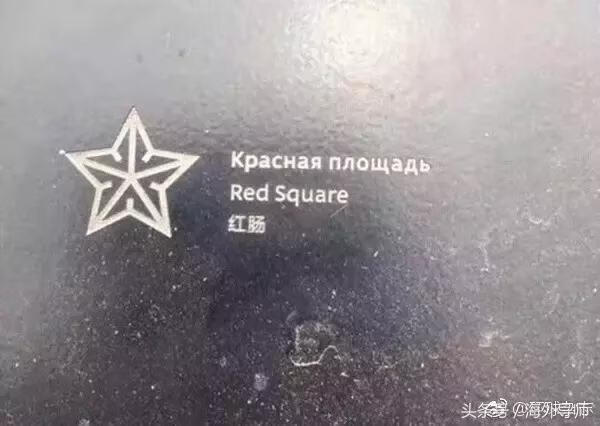
▲“红肠”
这这这……这到底是谷歌的机翻在忽悠人,还是输入法在闹脾气?

看着这些神一样的翻译,网友们也是哭笑不得……
@阿秀的猫它养鱼:红肠。。。绝壁是搜狗输入法搞得事情。
@Dangkohyang:让我们红肠作伴活的潇潇洒洒
@vv喃喃17:就不会找正儿八经的翻译吗

就是啊,找个活人来翻译有那么难吗……

这种谜一样的中文翻译国外还有不少。
比如这个吓人的汤……

经验丰富的猪肉……(“seasoned (调味的/风干的)”是怎么翻译成“经验丰富的”的

)

大概能懂牌子上的意思,但是这表达也太别扭了点……
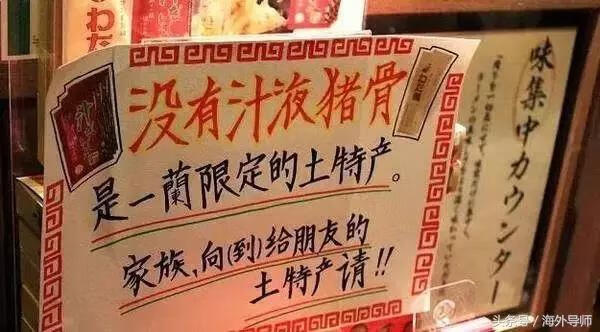
下面这个,从英文到中文都充满槽点……

▲“继续拉动手柄,直到闪烁你的废话”“Continue to pull the lever untilflash your bullshit”

下面这位,虽然词不达意,但文学造诣还不错哈?

这个酒还是饮料啥的,估计是别想卖给中国人了……

鸡:…………

下面这个菜单乍一看没毛病,但是仔细一瞧,那个“清蒸酱油”是什么鬼……

老板你漏了个“鱼”字没写你造吗

仔细看下面这张酒店告示,你会感受到啥叫中文比英文还难看懂……

上天吧!空心菜!


这个“空心菜上天”的英文翻译也很奇怪:show originally flying vegetables (morning glory)– 这乍一看真的要上天了啊喂!

再来围观几张迷之翻译……
(以下图片via公号@最英国)
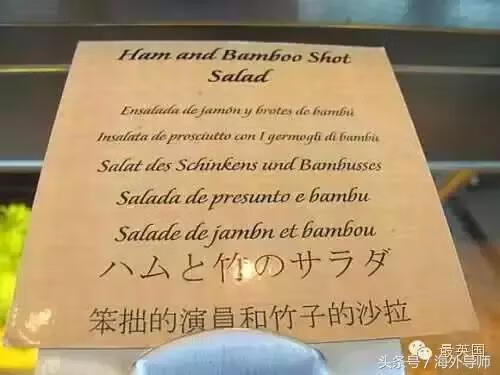


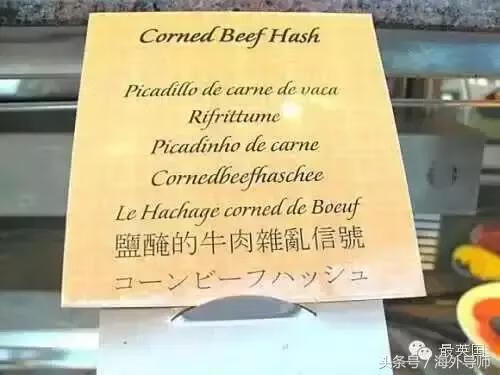
这翻译……感觉一顿饭我能吃出壮士一去兮不复还的感觉来


上面这些漏洞百出的翻译,的确只能怪人家太不走心了。

▲这是菜名……
是有多偷懒,才会完全依赖傻乎乎的机器翻译(用“傻乎乎”翻译还算抬举机器了哼)?哪怕不花钱请人来翻,就去Quora、Yahoo Answers或者某个学中文论坛上去发发帖,也不至于会把“红场”翻成“红肠”,把“教会会馆”翻成“重男轻女的农庄”啊!

虽然前面说到的翻译大多傻出天际,但在许多真正学习中文的老外心中,的确有一些中文词是没有办法翻译的。
说起“无法翻译的中文词”,主页君在以前的文章里有举过几个例子。
比如“江南”,又比如“江湖”——这些词无论含义还是语境都彻底脱胎于中国文化,它们的意向过于东方,只可意会难以言传。

但是,除了这些老外完全get不到点的纯中式词汇以外,依然存在着这样一些中文词——歪果仁能够明白它们的意思,但就是翻译不出来。

比如下面几篇文章……

▲10 Chinese words with no English equivalent (via tutorming.com)

▲5 Chinese phrases I wish we had in English (via The Seattle Globalist)
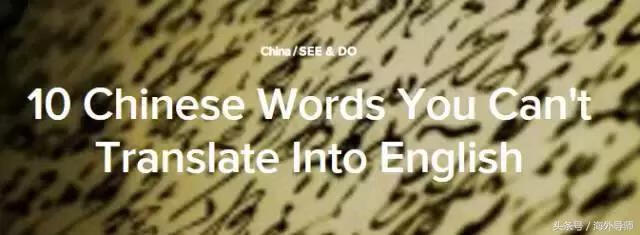
▲10 Chinese Words You Can\\'t Translate Into English (via theculturetrip.com)

▲Five Beautiful Chinese Words That Cannot Be Translated Into English (via languageoasis.com)
主页君扫了下这几篇文章,发现有这么几个词是被他们都频繁提起的……
1. 吹牛
In English, someone who is “full of hot air” is a rhetorician of the worst kind. They spew empty promises, or outright lies, and talk mostly so they can take pleasure in the sound of their own voice.
吹牛 means to brag or boast—to attempt to inflate one’s importance or exaggerate one’s accomplishments.But why is the hot air in this instance being funneled into a cow?
修、修辞手法而已嘛……不要那么轴啊。(咦,“轴”又怎么翻译呢?

)

2. 体贴
Mandarin draws a distinction between the kindness one is expected to demonstrate to strangers, and the consideration shown to loved ones .
体贴 could be literally translated as “to stick together (as a unit).” What the word really denotes is the respect and mutual attending to individual needs that allows families not just to function, but to thrive.
主页君个人喜欢把“体贴”翻译成“considerate”,但“体贴”明显比considerate的感觉要更亲密一点,暧昧一点,说不清道不明一点……

3. 加油
加油 is an unusual word. You might hear it being shouted by fans cheering their team on to a comeback, or you might find yourself using it while giving a pep talk to a spouse who’s had a bad day. 加油 is an imperative: “put some more oil in it!” Or, as we say in English, “put another log on that fire.”
加油 is a way of encouraging someone both keep their spirits up and to overcome exhaustion by finding and using some last reserve of energy within themselves.
“加油”这个词,在老外眼里就真属于玄学问题的范畴了。
就目前来说,至少在英文里,没有任何词语或句子能准确表达出“加油”的意思来。

4. 审美疲劳
All spoken languages are living languages, and words and phrases are constantly circulating through the vernacular. 审美疲劳 is a recent addition to Mandarin.
审美疲劳 was popularized by a successful comedy by one of China’s more famous film directors, Feng Xiaogang. In Cell Phone (2003),to gaze for too long at something—or someone—beautiful is to belabor it, with the result that one loses one’s appreciation for that phenomenon’s—or that person’s—beauty altogether.
扯这种热门网词就有点犯规了啊……如果真要翻网络用语,估计十个老外能傻掉九个半吧?

5. 莫名其妙
In separate characters, this almost sounds flattering, but taken together,this phrase is like the Chinese “WTF,” but more polite.Or more aptly, as my friend put it in Chinglish, “The way my friend is behaving is really mòmíngqímiào.” It’s a statement wrapped within a question.
“It’s like, ‘Why is this person acting like this?’”
Because they are mòmíngqímiào. Duh.
……“莫名其妙”用 “confusing” “awkward”这类的委婉形容一下不好吗!怎么就“WTF”了呢?!

6. 慢走
Màn zǒu literally means ‘walk slowly,’ and it’s a polite phrase used when an elder takes their leave, or when a guest or loved one leaves your house.It’s hard to explain why you would want someone to walk slowly, but it comes with connotations such as ‘please take it easy’ or ‘have a pleasant journey.’
送客时说一句“慢走啊~”是咱中国人的习惯,虽然我也不知道让人家“慢走”到底有什么意思……

7. 见外
Literally, this word means regarding somebody as an outsider or to act like an outsider. However, in authentic Chinese, it denotes the act of treating someone as an outsider who is supposed to be your friend, especially by being too courteous.
Have we any exact word for this act in English?
没有。

“不要见外~”“你太客气啦~”这类的中国式客套,西方人是get不来的。放弃吧。

最后,主页君再分享一个刚才在Bored Panda上看到的图。
这家餐馆的菜单,被老外们奉为了“神一样的翻译”……

……这既卖蠢又卖萌的,也是非常不容易了


↓↓↓↓↓↓↓↓
↓↓↓↓↓↓↓
加海外导师主页君个人微信(seesoaredu),可与主页君直接对话,快速获取海外学习帮助,获得免费咨询哦~
版权声明:本文内容由互联网用户自发贡献,该文观点仅代表作者本人。本站仅提供信息存储空间服务,不拥有所有权,不承担相关法律责任。如发现本站有涉嫌抄袭侵权/违法违规的内容, 请通知我们,一经查实,本站将立刻删除。




